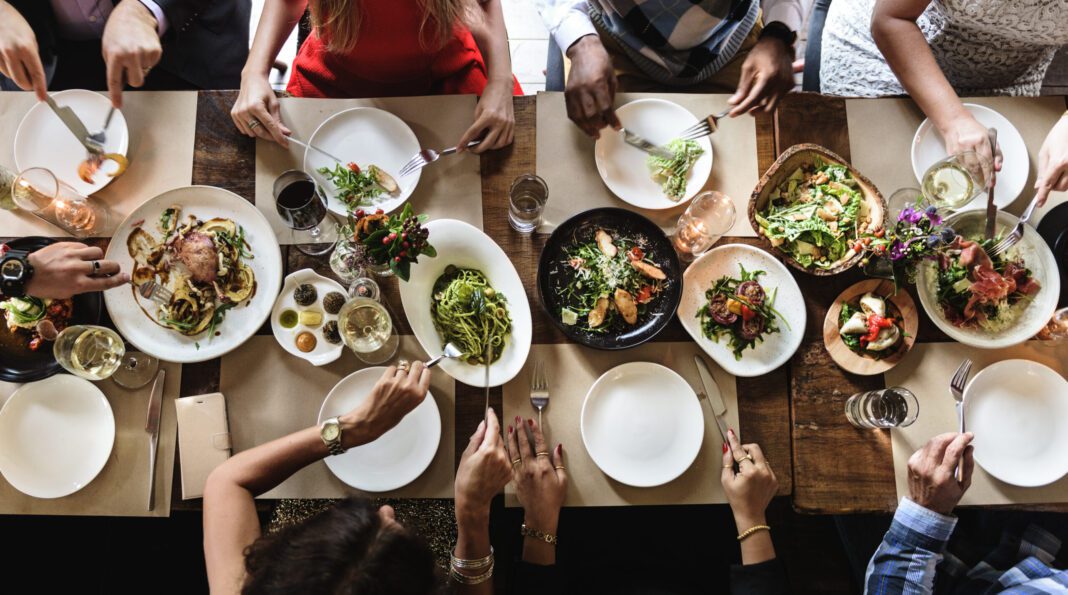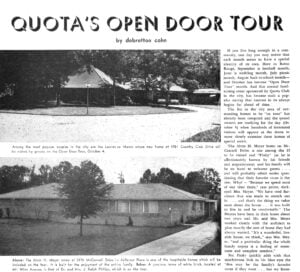From the Editor: Breaking Bread

If you’ve ever heard a military veteran talk about life on active duty, you might have heard about how holidays are among the toughest times. Being a world away from home during a season usually reserved for celebration and togetherness is no doubt a painful experience, even if the Army imports thousands of turkeys and a whole lot of sweet potatoes to try to create some sense of normalcy.
But Thanksgiving 2011 was different for one Army unit in Afghanistan, when its captain invited Afghan troops to sit beside their American counterparts for a dinner featuring dishes from both countries. Despite the fact that the United States had had a military presence there for a decade at that point, the captain told CBS News that he believed that day was the first time the two groups had joined together for the holiday meal. His goal? To forge an even tighter connection—a relationship that might endure even after the Americans were gone.
A decade later, about 76,000 Afghans escaped to the United States after the U.S. troop withdrawal and subsequent Taliban takeover. Forty-nine of these refugees found themselves in the Baton Rouge area, and dozens of volunteers reached out to help them settle in their new community. Doing so has been no easy task, as many left behind everything—and everyone—they had ever known. But as Riley Bourgeois details in our story here—the first installment in a new inRegister series on local refugees and the volunteers who are walking alongside them—they are slowly finding hope for the future.
They are also finding friends, and like that 2011 Thanksgiving in a tent in Afghanistan, they are often forging those bonds around the table. Many Catholic Charities mentors welcome their Afghan mentees into their homes for weekly dinners, and at least one refugee reciprocated by preparing a full Afghan meal for his new advisor. As Abdul Shokour Faqirzada told Bourgeois, even a visit to California Pizza Kitchen with his mentor felt like a memorable occasion. No matter what’s being served, these occasions prove that sharing a meal is a universal way of expressing love.
And that’s something to be thankful for.










